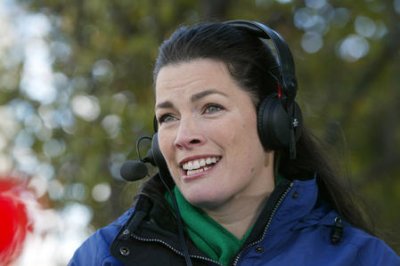Topic: Heinrich Schliemann
Heinrich Schliemann (pronounced ; (January 6, 1822, Neubukow, Mecklenburg-Schwerin – December 26, 1890, Naples) was a German archaeologist, an advocate of the historical reality of places mentioned in the works of Homer. Schliemann was an important excavator of Troy, along with the Mycenaean sites Mycenae and Tiryns. His successes lent material weight to Homer's Iliad and Vergil's Aeneid reflecting actual historical events.
Schliemann was born in Neubukow in 1822. His father was a poor Protestant minister named Ernst Schliemann. Heinrich's mother, Luise Therese Sophie, died in 1831, when he was just 9. After her death, Heinrich was sent to live with his uncle. He was enrolled in the Gymnasium (grammar school) at Neustrelitz at age 11, with his attendance paid for by his father. He attended the grammar school for at least a year. His later interest in history was initially encouraged by his father, who had schooled him in the tales of the Iliad and the Odyssey and had given him a copy of Ludwig Jerrer's Illustrated History of the World for Christmas in 1829. Schliemann later claimed that at the age of 8, he had declared he would one day excavate the city of Troy.
Schliemann's interest in the classics continued throughout his time at the Gymnasium, so it is likely that he would have been further exposed to Homer had he been able to remain a student there. However, he was transferred to the vocational school, or Realschule, after his father was accused of embezzling church funds, and had to leave that institution in 1836 when his father was no longer able to pay for it. According to his diary, Schliemann's interest in ancient Greece was conceived when he overheard a university student reciting the Odyssey of Homer in classical Greek; Heinrich was taken by the language's beauty. Unfortunately, his family's poverty left Schliemann unable to afford a university education, so it was Schliemann's early academic experiences that influenced the course of his education as an adult. Nonetheless, he was a highly original and unconventional thinker with methods that brought him many admirers as well as enemies. He wanted to return to the educated life, to reacquire and explore the interests of which he had been deprived in childhood. In his archaeological career, however, there was often a division between Schliemann and the educated professionals.
It uses material from the Wikipedia article "Heinrich Schliemann."






